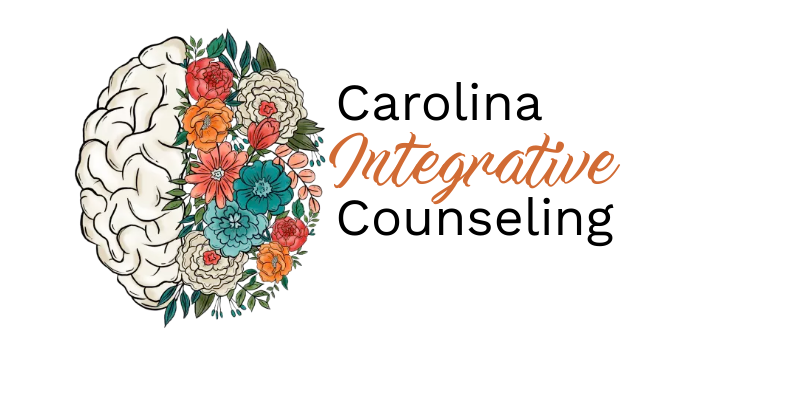Understanding Behavioral Addiction: Seeking Mental Health Services for Recovery
In today's fast-paced world, behavioral addiction has become a prevalent issue affecting many individuals. Whether it's excessive gaming, compulsive shopping, or constant social media scrolling, behavioral addictions can significantly impact one's mental health and overall well-being. In this blog, we'll delve into the complexities of behavioral addiction, its effects, and the importance of seeking mental health services for recovery.
What is Behavioral Addiction?
Behavioral addiction refers to the compulsive engagement in a particular behavior despite negative consequences. Unlike substance addiction, which involves physical dependence on a substance, behavioral addiction revolves around a repetitive behavior that provides temporary pleasure or relief but leads to detrimental effects in the long run.
Common types of behavioral addictions include:
Gaming Addiction: Spending excessive amounts of time playing video games, often at the expense of other responsibilities and activities.
Internet Addiction: Compulsively using the internet, social media, or online activities, leading to neglect of real-life interactions and responsibilities.
Shopping Addiction: Uncontrollable urges to shop excessively, resulting in financial strain and emotional distress.
Gambling Addiction: Engaging in gambling activities despite negative financial, social, or legal consequences.
Work Addiction: Obsessive focus on work to the detriment of personal relationships, health, and well-being.
Effects of Behavioral Addiction on Mental Health
Behavioral addiction can have profound effects on mental health, leading to:
Anxiety and Depression: Constant engagement in addictive behaviors can contribute to heightened anxiety levels and feelings of depression.
Isolation: Individuals may withdraw from social interactions, leading to feelings of loneliness and isolation.
Financial Strain: Addictive behaviors such as shopping or gambling can result in financial difficulties, exacerbating stress and anxiety.
Impaired Relationships: Addiction can strain relationships with family, friends, and colleagues, leading to conflicts and misunderstandings.
Physical Health Issues: Neglecting self-care and healthy activities can lead to physical health problems, further impacting mental well-being.
Seeking Mental Health Services for Recovery
Recognizing the signs of behavioral addiction is the first step towards recovery. It's essential to seek professional mental health services to address the underlying issues contributing to addictive behaviors. Here's how mental health services can help:
Assessment and Diagnosis: Mental health professionals conduct comprehensive assessments to diagnose behavioral addiction and identify contributing factors such as stress, trauma, or underlying mental health conditions.
Therapeutic Interventions: Therapeutic interventions such as cognitive-behavioral therapy (CBT), dialectical behavior therapy (DBT), and mindfulness-based therapies help individuals develop coping strategies, manage cravings, and address underlying emotional issues.
Support Groups: Joining support groups or addiction recovery programs provides a sense of community, understanding, and shared experiences, fostering motivation and accountability in the recovery journey.
Medication Management: In some cases, medication may be prescribed to manage co-occurring mental health conditions such as anxiety or depression, contributing to addictive behaviors.
Lifestyle Changes: Mental health services focus on holistic wellness, encouraging individuals to make positive lifestyle changes such as incorporating healthy habits, improving social connections, and finding alternative coping mechanisms.
Conclusion
Behavioral addiction can significantly impact mental health and overall quality of life. Seeking mental health services is crucial for individuals struggling with addiction to receive personalized treatment, support, and resources for recovery. With professional help and a commitment to change, individuals can regain control over their lives, improve mental well-being, and build healthier relationships with themselves and others.

